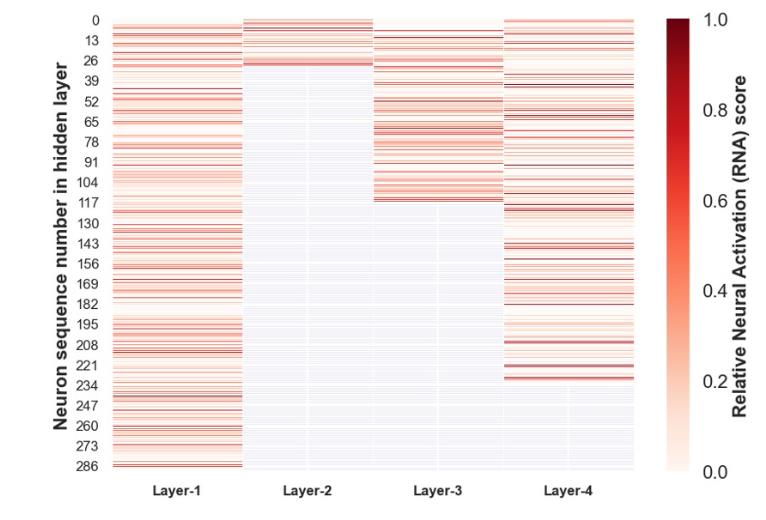In the ALLEGRO project, we’ve taken a step forward in ML-driven failure management by developing a NN-based soft failure identifier that maintains high accuracy while significantly reducing complexity. 🔍💡
📌 Why is this important?
Most ML-based failure detection models focus solely on accuracy, often ignoring the computational cost and energy consumption associated with deep learning. Our approach addresses this by identifying and removing redundant neurons during inference, optimizing neural networks for both efficiency and performance.
⚙️ Key Highlights:
✅ Monitors neuron activity during inference to detect under-utilized nodes
✅ Iterative optimization approach that goes beyond traditional methods like Bayesian optimization
✅ Results in a lighter, faster, and equally accurate NN for failure classification
🔬 Experimental Results:
Using an experimental dataset, our optimized NN model achieved a macro-averaged F1-score of 0.983, while significantly reducing computational overhead.
This work is part of ALLEGRO D3.2 – First implementation of power-efficient E2E transport infrastructure and continues to push the boundaries of energy-efficient AI in optical networks. 🌍⚡
More to come soon! 🚀 #AI #MachineLearning #OpticalNetworks #Innovation #ALLEGRO

